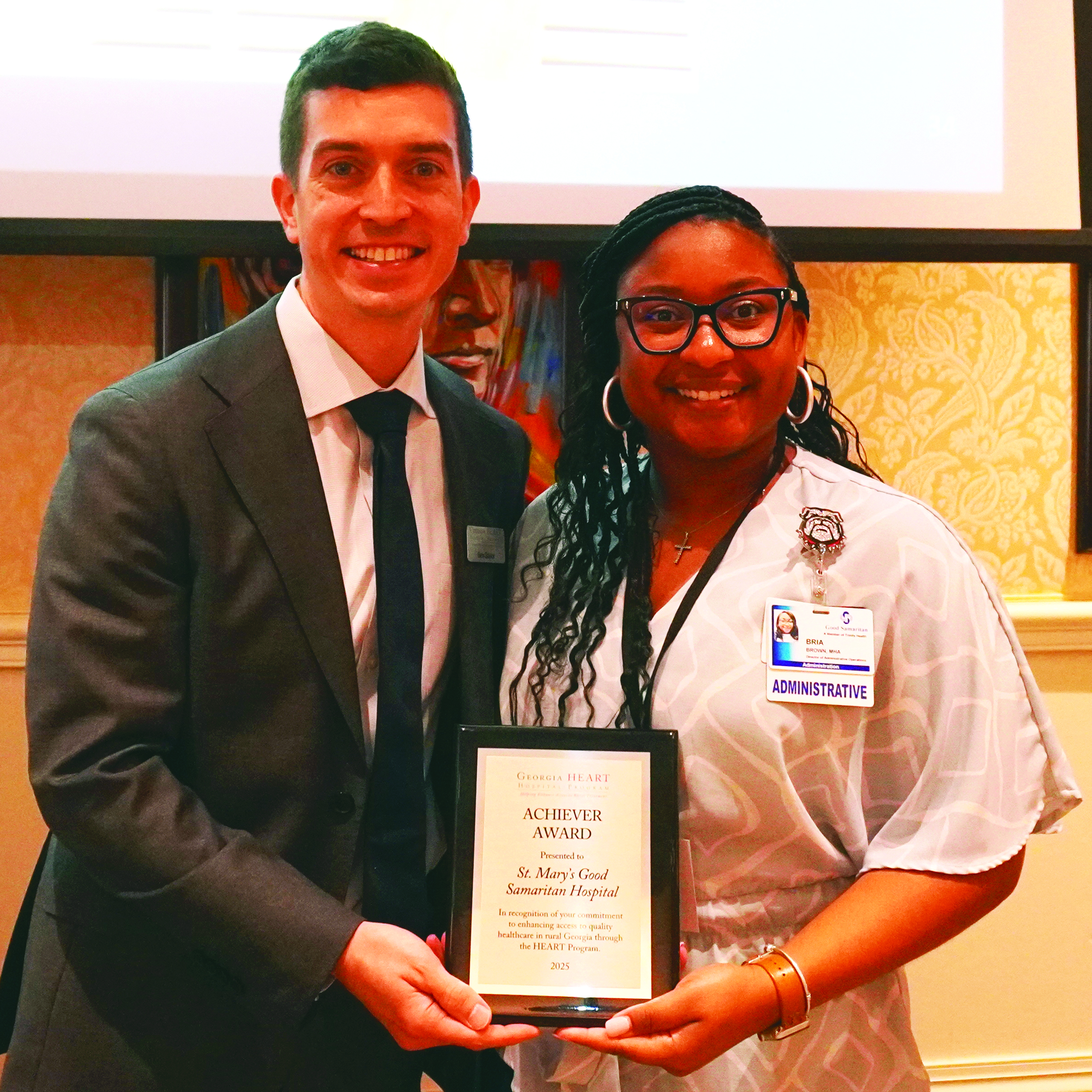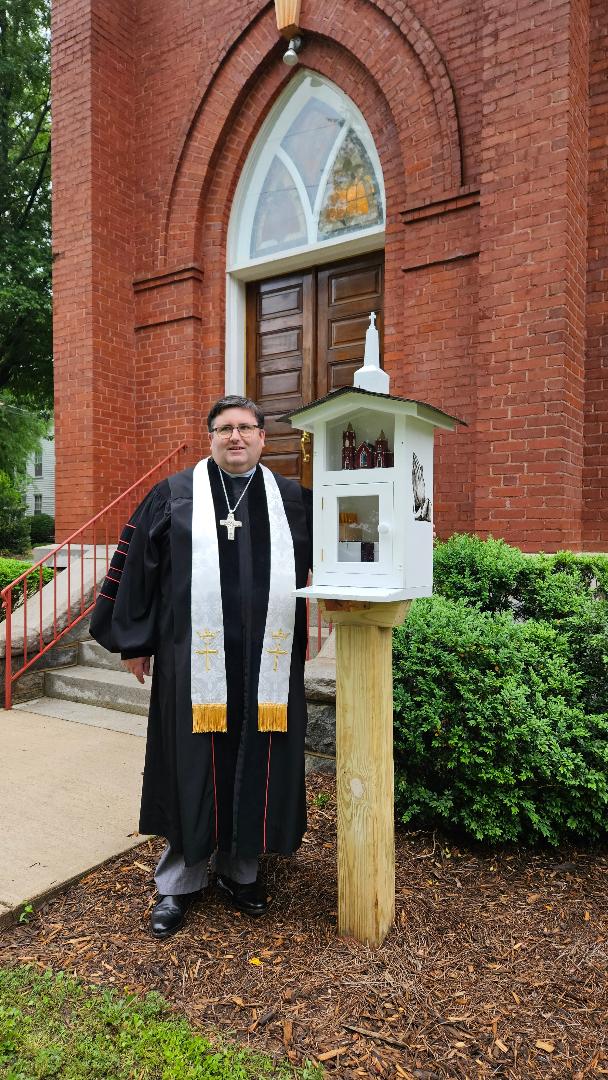ON THE MARKET: More costs than just the purchase price
Published 9:56 am Wednesday, February 24, 2021

- Rotary Week 4
Well, you found the perfect home, you have put in the offer and it has been accepted. Everything is going smoothly, but now you want to know if there are other expenses that you will have to take out of your pocket to close.
Some expenses will fall upon the seller, others you will split, and others will be your sole responsibility.
Here is what you can expect to pay when you buy a home:
- Down payment, if you finance the purchase
- Loan origination fee
- Mortgage insurance
- Appraisal
- Survey and title search
- Inspection
- Earnest money
- Transfer taxes
- Deed and mortgage recording fees
- Escrow
- Title insurance
DOWN PAYMENT: A down payment is the cash you pay up front to get a home loan. It is deducted from the total amount of your mortgage and represents the beginning equity — your ownership stake — in a house and property.
LOAN ORIGINATION FEE: Personal Loan Companies can charge origination fees to cover the cost of processing your loan application and paying out the funds. Instead of a flat fee, you can expect to pay a percentage of your total loan amount.
MORTGAGE PROTECTION INSURANCE: PMI is designed to protect the lender, not the homeowner. MORTGAGE PROTECTION INSURANCE on the other hand will cover your mortgage payment if you lose your job or become disable, or it will pay off the mortgage when you die.
APPRAISAL: An APPRAISAL FEE covers the cost of having a professional appraiser evaluate a home and estimate the market value of the home.
SURVEY & TITLE SEARCH: While not required, surveys are another means for lender to verify the soundness of a property as a loan security. TITLE SEARCH, or an investigation into a property’s ownership, mortgage surveys examine land and structure boundaries against their descriptions on legal documents.
INSPECTION: We always recommend a buyer has an inspection. It only makes good sense to know the condition of the home. You may want to have a termite inspection, lead paint inspection (if the home was built before 1978). Many of our clients will have someone inspect the roof and heat & air conditioning unit.
EARNEST MONEY: When you sign a contract, you’ll also pay a deposit called earnest money, also known as Good Faith Money. This money is required to show you’re serious about wanting to buy the house. The earnest money is applied toward the purchase price if the deal goes through.
TRANSFER TAXES: A transfer tax is the city, county or state’s tax on any change in ownership of real estate. A recording is normally a small flat amount while mortgage recording taxes are a percentage of the sale price, like transfer taxes.
DEED AND MORTGAGE RECORDING FEES: Deed as well as Mortgage recording fees are also due at closing which depending on the state, could be arranged by either an attorney or title company.
ESCROW: Set up at closing, escrow accounts hold funds for property taxes.
TITLE INSURANCE: Insurance that shields you and the lender in case disputes about the house’s ownership arise.
The expenses mentioned above can vary depending on attorneys, title companies, inspectors, appraisers and Taxes depending on your state.
Your real estate agent will assist you in finding the right resources to bring about a smooth closing.
THOUGHT FOR THE DAY: Your religion is what you do when the sermon is over.





